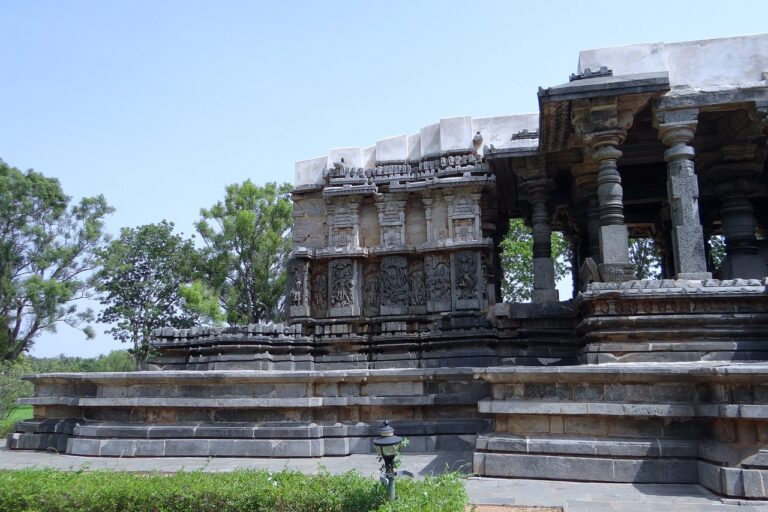The Role of Social Enterprises in Voter Participation
11xplay online, gold365 com, skyfyer: Voter Turnout in Recall Elections
Recall elections are a unique aspect of the democratic process in many countries around the world. These elections allow voters to petition for the removal of an elected official from their position before the end of their term. While the reasons for initiating a recall vary, voter turnout in these elections can play a significant role in shaping the outcome.
In recent years, there has been an increasing interest in recall elections, particularly in the United States. From local mayors to state governors, elected officials at all levels of government have faced recall efforts by constituents dissatisfied with their performance in office. As a result, understanding the factors that influence voter turnout in recall elections has become crucial for both political analysts and campaign strategists.
Factors Affecting Voter Turnout
1. Controversy Surrounding the Official
One of the primary factors influencing voter turnout in recall elections is the level of controversy surrounding the official facing removal. If the official in question has been embroiled in scandals or unethical behavior, voter interest and motivation to participate in the election are likely to be higher. On the other hand, if the reasons for the recall are less clear or significant, voter turnout may be lower.
2. Mobilization Efforts
The success of a recall election often hinges on the ability of both proponents and opponents of the recall to mobilize their respective supporters. Campaigns that effectively engage with voters, raise awareness about the recall, and motivate individuals to cast their ballots are more likely to see higher turnout. In contrast, lackluster mobilization efforts can result in apathy among voters and lower participation rates.
3. Timing of the Election
The timing of a recall election can also impact voter turnout. Elections held during peak voting periods, such as general elections or primaries, may benefit from higher overall participation rates. Conversely, scheduling a recall election during a holiday weekend or other low-traffic times may lead to decreased turnout.
4. Publicity and Media Coverage
The amount and tone of media coverage surrounding a recall election can influence voter turnout. Extensive media attention can raise awareness about the issues at stake and drive voter engagement. Conversely, biased or misleading reporting may sow confusion or disinterest among voters, leading to lower turnout.
5. Voter Education
An informed electorate is essential for a successful recall election. Providing voters with accurate information about the recall process, the reasons for initiating it, and the potential consequences of removing the official can help increase voter turnout. Conversely, ignorance or misinformation about the recall may deter individuals from participating in the election.
6. Party Affiliation
Political party affiliation can also play a role in voter turnout in recall elections. Supporters of the official facing recall may be more motivated to vote to protect their party’s interests, while opponents may rally behind the recall effort. Understanding the dynamics of party politics and how they intersect with the recall process is crucial for predicting voter behavior.
The FAQs on Voter Turnout in Recall Elections
Q: What happens if voter turnout in a recall election is low?
A: Low turnout in a recall election can skew the results, as a smaller, more motivated subset of the electorate may have a disproportionate impact on the outcome. In some cases, a recall election with low turnout may be deemed invalid or inconclusive.
Q: Can voters cast their ballots online in recall elections?
A: The availability of online voting in recall elections varies by jurisdiction. While some areas allow for electronic voting as a convenient and accessible option, others may require in-person voting at designated polling places.
Q: Are there any age restrictions for participating in a recall election?
A: Eligibility to vote in a recall election is typically determined by the same criteria as regular elections, including age requirements. Individuals must be of voting age and meet any other registration requirements to participate in the recall process.
Q: How can voters stay informed about upcoming recall elections in their area?
A: Keeping abreast of local news sources, following social media updates from relevant organizations and officials, and checking official election websites are effective ways to stay informed about upcoming recall elections and related developments.
Q: What happens after a successful recall election?
A: If a recall election results in the removal of an official from office, the next steps vary depending on the jurisdiction. In some cases, a special election may be held to select a replacement, while in others, the position may be filled through appointment or other means.
In summary, voter turnout in recall elections is influenced by a variety of factors, including the level of controversy surrounding the official, mobilization efforts, timing, media coverage, voter education, and party affiliation. Understanding these factors and their interplay is essential for predicting and interpreting the outcomes of recall elections. As these unique democratic processes continue to play a prominent role in political landscapes worldwide, the importance of voter engagement and participation in recall elections cannot be overstated.







